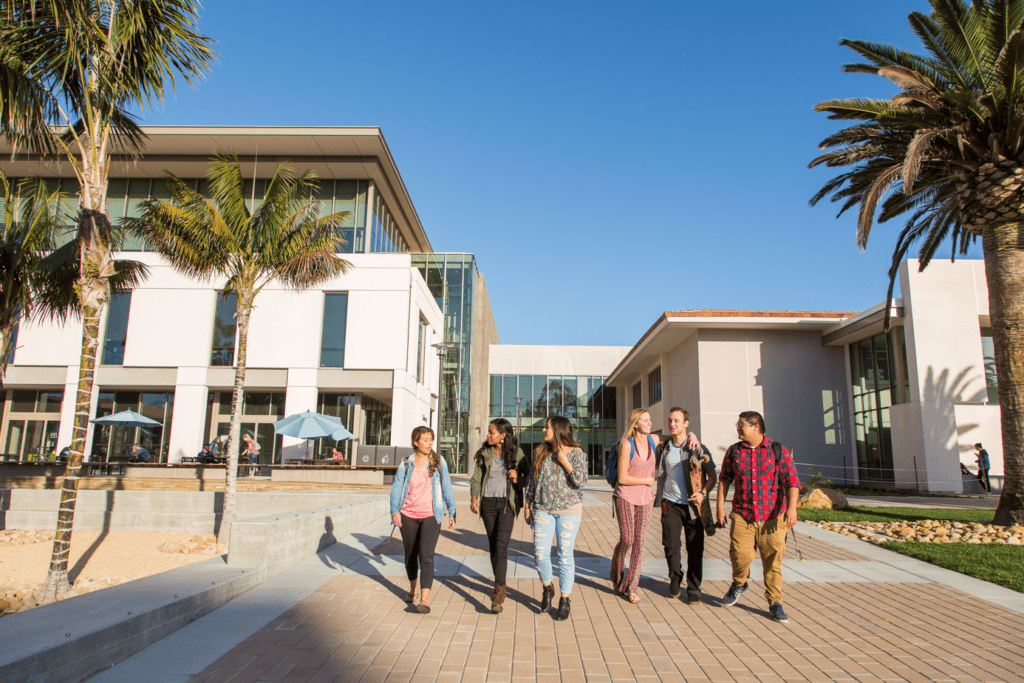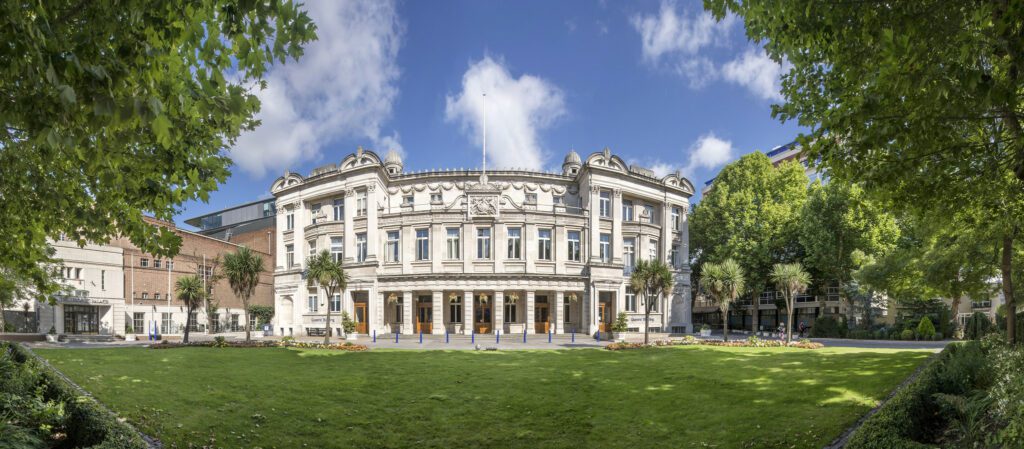Why take a Master's degree?
There are two main reasons why individuals decide to carry on studying after they have gained their undergraduate course to get a Master’s Degree.
Firstly, some people have a desire to carry on exploring a subject which interests them and which they feel they have yet to fully conquer. Others, in contrast, recognise that having a Master’s will be extremely useful for progressing their careers, and will help them to get a better job or improve their standing in an organisation.
The MBA, for example, is often paid for by employers and is highly sought after in the marketplace; and individuals who sign up to study for an MBA are already in work, and often opt to combine their professional lives with gaining the qualification.
Undergraduate degrees are, of necessity, quite wide-ranging, and if you discover a fascinating niche topic which you want to look into, then you will be able to do so if you sign up for a research Master’s degree.
What are the differences between a research and a taught Master's?
The clue is in the terminology! Taught Master’s are essentially a continuation of the teaching and learning experience you had as an undergraduate. You will attend lectures, seminars and tutorials, sit an end of year examination and have a structured timetable. You may also be expected to produce a dissertation or an extended essay.
Research Master’s degrees expect you to study independently and to be self-driven to a greater extent. Although you will attend lectures, these are not the basis of the assessment process. Essays rather than exams will determine your eventual grade, and you will be asked to produce a dissertation.
Deciding what style of teaching you prefer is a crucial choice , and once you know the subject you wish to take, the next step should be checking the university website – or asking Elab – to discover what style of Master’s you are considering.
Where can I study for a Master’s degree in English in Europe?
The most popular European destinations for studying for a Master’s remain:
- Germany
- The Netherlands
- Sweden
- France
- Spain
- Poland
The number of Master’s degrees taught in English has risen by 42 per cent throughout Europe since 2011, and new courses are being added from one academic year to the next.
You can also take an English-taught Master’s in:
- Russia
- Austria
- Italy
- Belgium
- Finland
- Norway
- Greece
- Estonia
- Lithuania
- Denmark
It seems a long time ago since English speakers automatically assumed that they would have to go to the US, Canada or Australia to take a Master’s degree, taught in their native tongue.
What type of Master’s degree can I take in Europe?
The most common Master’s are:
- MA
- MSc
- MPhil
- MBA
- LLM
How long do Master’s degree run in Europe?
Until fairly recently, you had the choice of a one-year or a two-year course, but these days the majority of Master’s degree courses – apart from in the Netherlands – last two years.
Will my European Master’s be recognised in the UK?
In spite of the fact that Britain left the EU on 31 December 2020, it remains a member of the EHEA, so your degree will be recognised, in line with the Bologna Process.
Will I need to sit the GRE or GMAT to enter a Master’s course in Europe?
The GRE is required for a Master’s degree in the USA, but generally not in Europe, where your undergraduate scores and references play a major role in the admissions procedure for postgraduate courses.
Highly ranked European business schools usually expect candidates to have sat the GMAT. The mean average score is slowly rising, and reached 620 in 2017.
What are the deadlines for applying to a Master’s programme?
This is a difficult question to answer because the spread of dates is so wide and flexible. For example, if you are looking to start your course in September, both Sweden and Finland expect you to apply in the preceding January, whereas Austria and Poland accept application forms until August/September, and Germany wants applicants to send in their documentation by July. If you have decided where you wish to study for your Master’s Degree in Europe, call or email us and we will provide you with up to date information on when the application process ends.
Remember to factor in the time for an interview -and possibly admission tests – and send your papers in as soon as you can.
What documents will I need, to apply for a Master’s in Europe?
Some, or all, of the following documents will have to be uploaded:
- CV
- cover letter
- transcript of your undergraduate degree
- IELTS or TOEFL certificate, to establish language proficiency
- copy of your passport
- academic references
- any course-specific documentation required by the university
Will I need a visa to take my Master’s in Europe?
Although British citizens are entitled to visa-free travel for up to 90 days, post-Brexit, this is obviously not long enough to finish your Master’s degree. Regulations vary from one country to another, but you will definitely have to register and secure a registration certificate, wherever you choose to study in the EU. This is a simple process, normally carried out at your local town hall. You will need to provide:
- ID
- proof that you have enrolled for your Master’s degree
- evidence that you can support yourself financially
- health insurance.
Elab will provide you with further information on visas, should you need it. The consulates of each European country list visa categories and provide visa application forms.
Are Master’s degrees expensive in Europe?
Tuition fees vary, from the virtually free (Germany), to the cheap (750 euros a term in Austria, even if you are an international student) to 7,000-25,000 euros a year. EU citizens are treated as home students but, post-Brexit, British students are subject to international fees. Remember, however, that the EU offers millions of pounds in scholarships.
Contact Elab if you want more information on tuition fees and the scholarships you could apply for, the process and the deadlines and requirements for a Master abroad.
What should I consider when I am deciding where to take a Master’s in Europe?
- Course type and content. Is it a taught or research Master’s? What is the teaching approach – small groups, independent study, teamwork projects? Does the university work closely with industry, business and the community?
- What type of culture, cuisine and environment am I looking for? Do I want to live in a thriving liberal metropolis like Amsterdam, a historical city like Krakow or Vienna, or do I want to be by the sea or in the heart of the countryside? What is there to do in my leisure time ? Is the cost of living high?
- Will it be long, difficult or expensive to get home and to travel around the country? Is there a convenient transport hub nearby?
- What have former postgraduates said about the course, the university and the campus and resources? Is the feedback positive? How does the university rank in the Times Higher Education Rankings?
Don't miss our webinars!
And finally:
Europe offers a rich mixture of cultures, breath-taking landscapes, a history mirrored in its architecture, art and folklore – and some of the most highly-ranked universities in the world. Tuition fees are reasonable and you will walk away with a Master’s degree which is globally recognised and valued. Living abroad is an adventure and, who knows, you may even be inspired to learn the language!
Call us at Elab, or drop us an email, and our experienced consultants will guide you in making the right choice of course and country , and set you on the road to submitting an outstanding application to the European university of your dreams, to gain a Master’s degree.
Get in touch…








